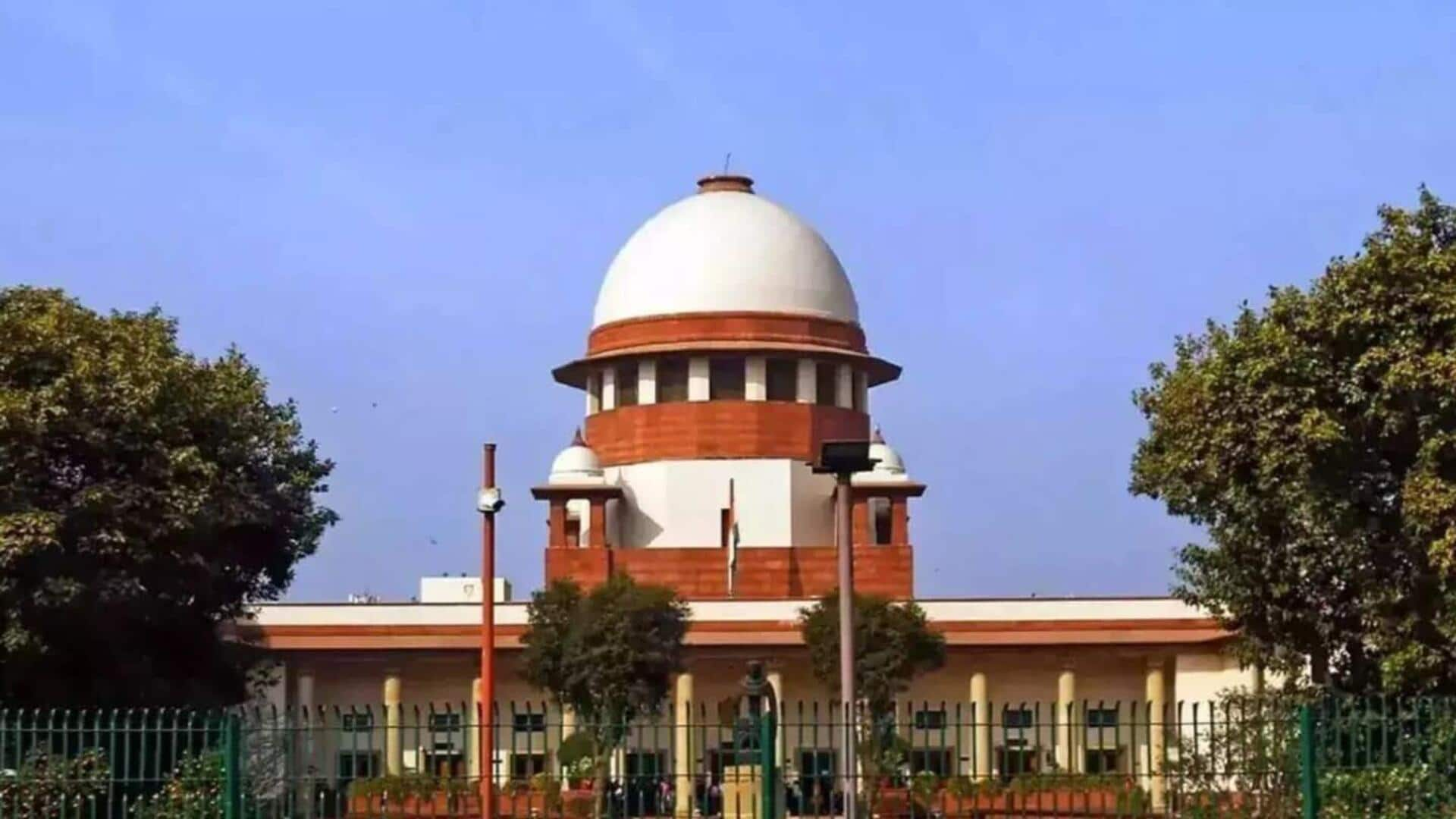
SC issues Centre notice on petition challenging 1995 Waqf Act
What's the story
The Supreme Court has issued notices to the Union and state governments on a writ petition challenging the Waqf Act, 1995. The bench, headed by Chief Justice BR Gavai and Justice Augustine George Masih, issued the notices while hearing a petition filed by one Nikhil Upadhyay. During the hearing, CJI Gavai questioned the timing of the challenge to the act, noting the significant delay, but eventually allowed the petition to be tagged along with other petitions challenging the Act.
Legal arguments
Petitioner challenges constitutional validity of Waqf Act
The petitioner challenged the constitutional validity of several sections of the Waqf Act, 1995, as amended by the Waqf (Amendment) Act, 2025. He argued these provisions violate Articles 14, 15, 21, 25, 26, and 27 of the Constitution. The petitioner contended that only Muslims have a law for administering charitable properties, while other religions don't have similar laws.
Legal definitions
Petitioner questions definition of Waqf and Mutawalli
The petitioner also questioned the definition of "Waqf" as a "permanent dedication," arguing it should be qualified to mean property obtained according to law. He also argued that the definition of "Mutawalli" is vague and uncertain. Further, he contended that the state shouldn't bear expenses for verifying Waqfs and their properties without similar exercises for other religious institutions. The petitioner argued that there should be a common/uniform law governing religious trusts and endowments.
Court proceedings
SC reserves interim orders on key issues
The SC has reserved interim orders on three key issues related to the Waqf Act. These include the power to denotify properties declared as waqf by courts, waqf-by-user, or waqf-by-deed; the composition of state waqf boards and the Central Waqf Council; and the provision regarding waqf property not being treated as waqf when the collector conducts an inquiry to ascertain if the property is government land. Over 100 petitions have been filed in the SC challenging the new Act.